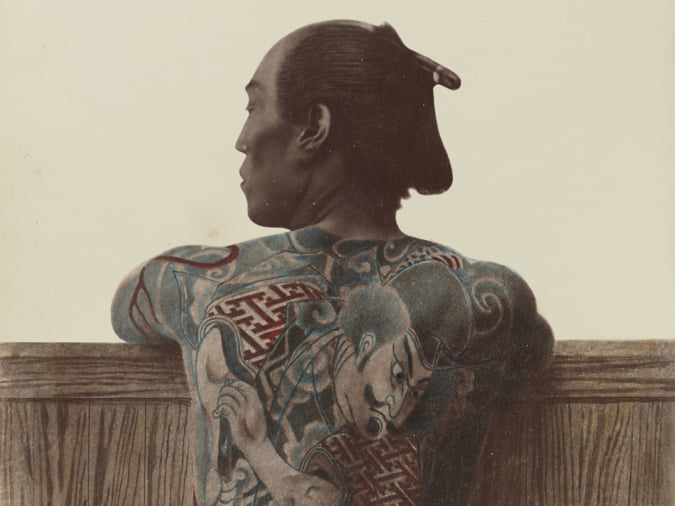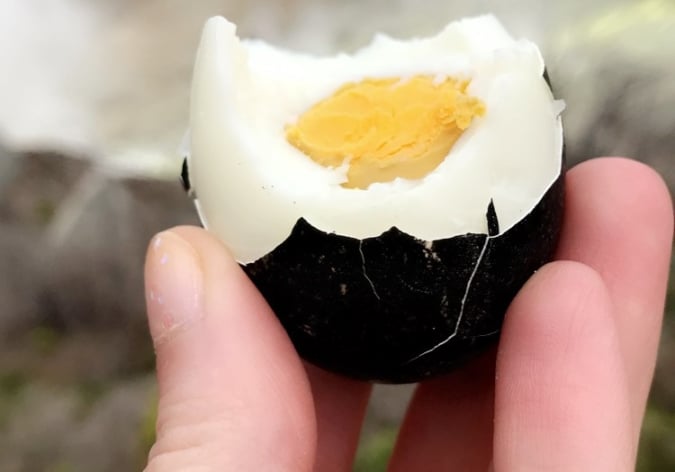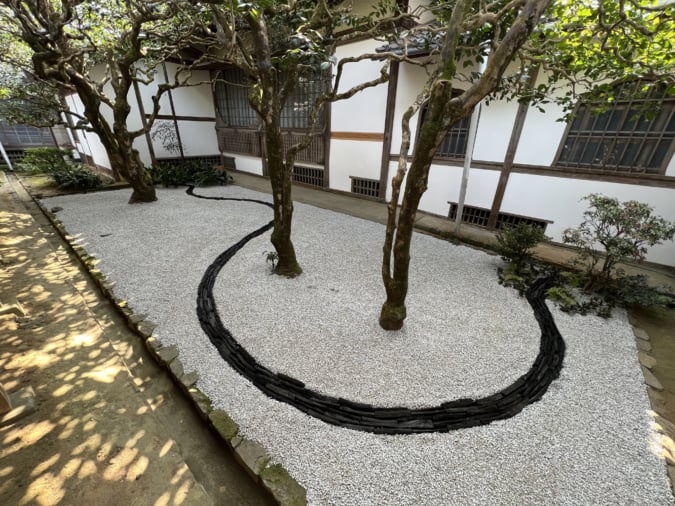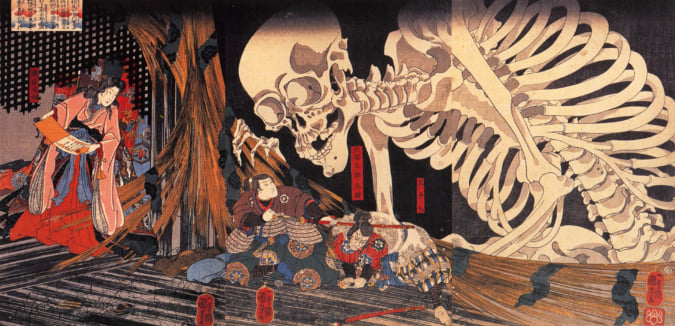‘The Truth’, a French Drama Seen through Japanese Eyes
In this film, Hirokazu Kore-eda dissects conflicting mother-daughter relationships through the duo of Catherine Deneuve and Juliette Binoche.
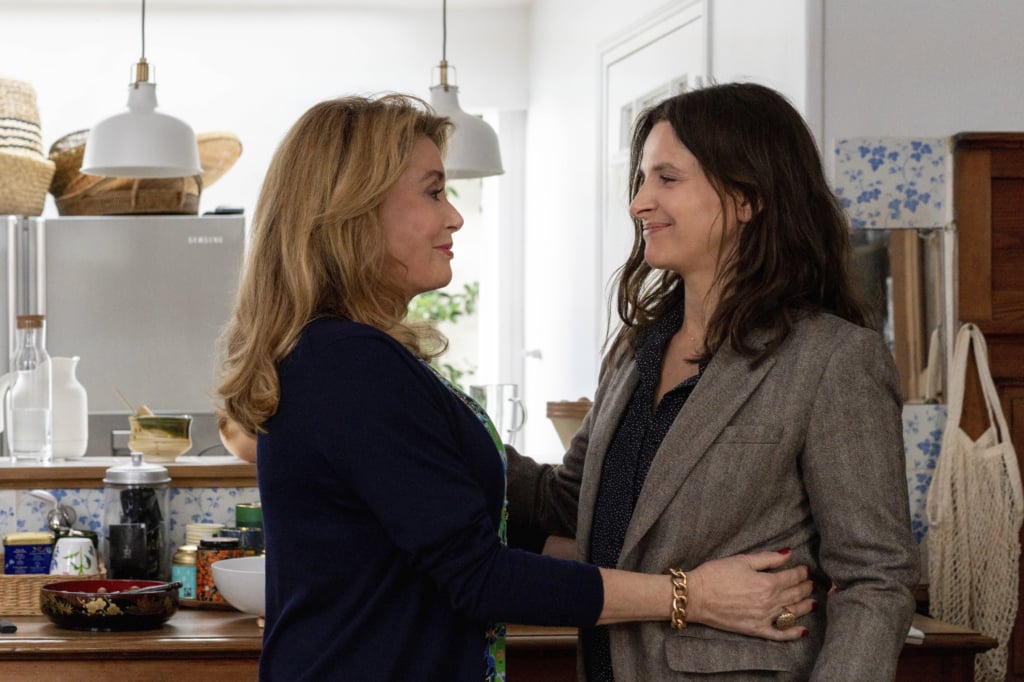
© L. Champoussin: 3B-Bunbuku-Mimovies
What makes a family a family? How do we choose between a hurtful truth and a reassuring lie? These were the questions asked by Hirokazu Kore-eda, winner of the Palme d’Or in 2018, while filming The Truth (2019).
This drama features two great French actresses, Catherine Deneuve and Juliette Binoche, as a mother and daughter in conflict. Fabienne, an icon of cinéma, is publishing her memoirs and her daughter Lumir, a screenwriter based in New York, returns to her childhood home for the occasion, accompanied by her husband and young daughter. This reunion that merges fiction and reality soon turns into a confrontation between the two women.
In this feature film, the director explores his favourite subject, family relationships, as he did in his previous film Shoplifters (2018). ‘It’s a universal theme that can cross cultural and linguistic boundaries’, he explained to Paris Match. Unspoken grudges, reluctant granting of forgiveness, painful admissions… The film is fuelled by dysfunctions but also by the construction of a home to offer the audience a portrait of a family that is touching and endearing.
A setting evocative of Japanese engravings
The Truth, the opening film at the 76th edition of Venice Film Festival, explores the French lower middle class. However, with Hirokazu Kore-eda having written the screenplay and being behind the camera, the family drama is punctuated by Japanese elements. ‘Cinema makes it possible to muddy the waters with regard to identity and nationality’, the director declared, also to Paris Match.
Filmed primarily in static shots, the film is set in Paris, against an autumnal landscape that recalls Japanese engravings. The trees are adorned with golden, orange and red as the dry leaves flutter to the ground. These scenes of outdoor nature turn out to act as poetic breathing spaces in the narrative. ‘Although there are certain differences between the Japanese and the French, you can see a common foundation in his films…’, actress Juliette Binoche stated to Paris Match.
The Truth (2019), a film directed by Hirokazu Kore-eda, available on demand on Curzon Home Cinema.
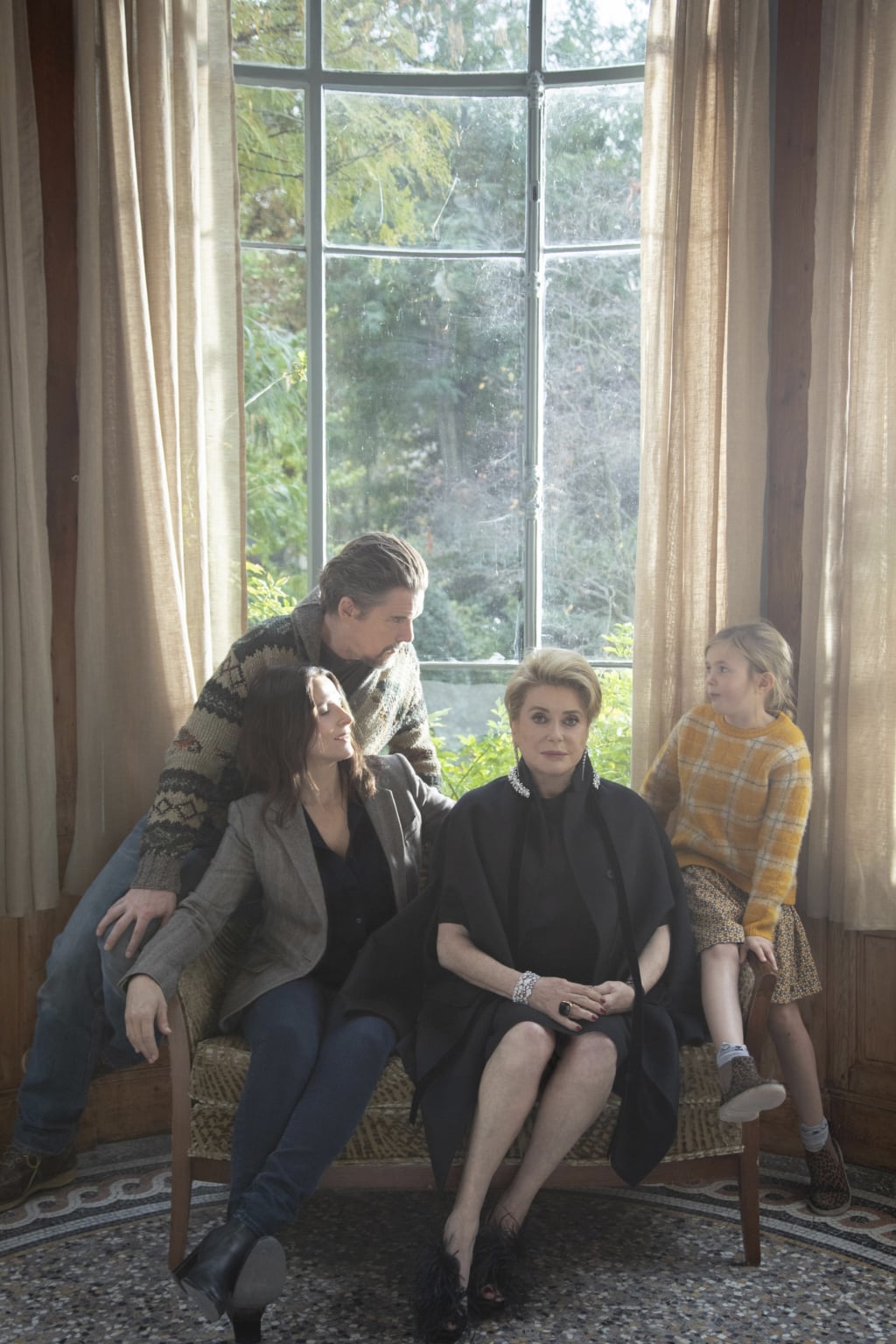
© R. Kawauchi
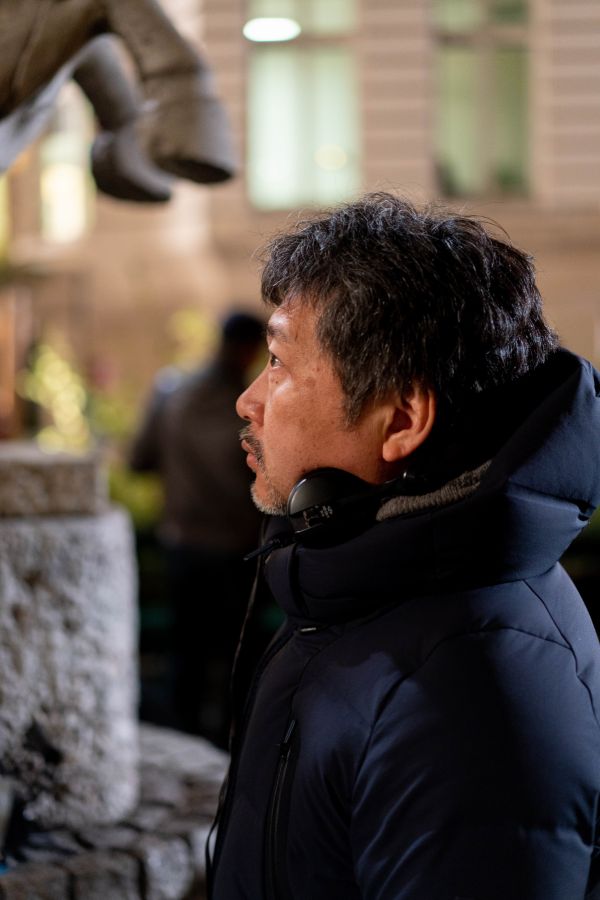
© L. Champoussin: 3B-Bunbuku-Mimovies
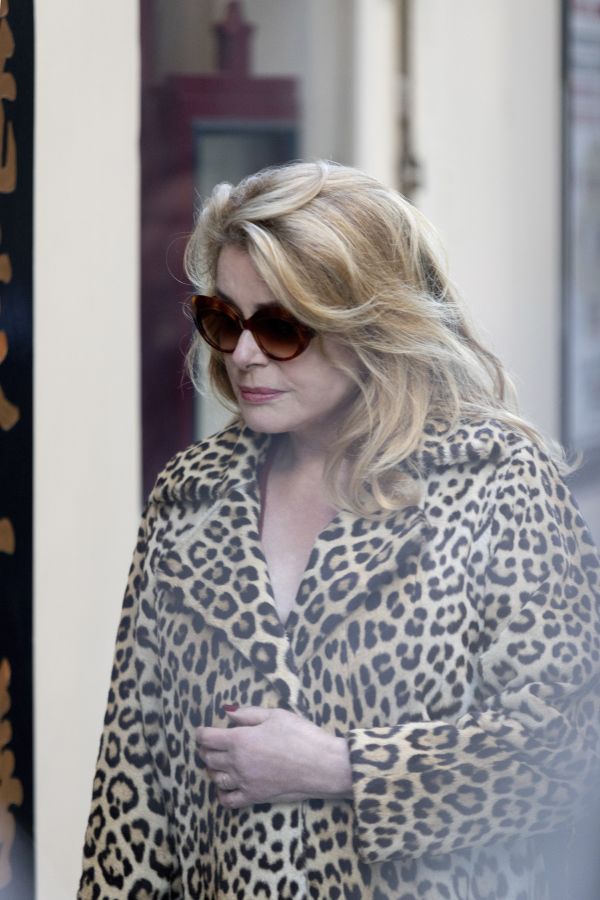
© L. Champoussin: 3B-Bunbuku-Mimovies
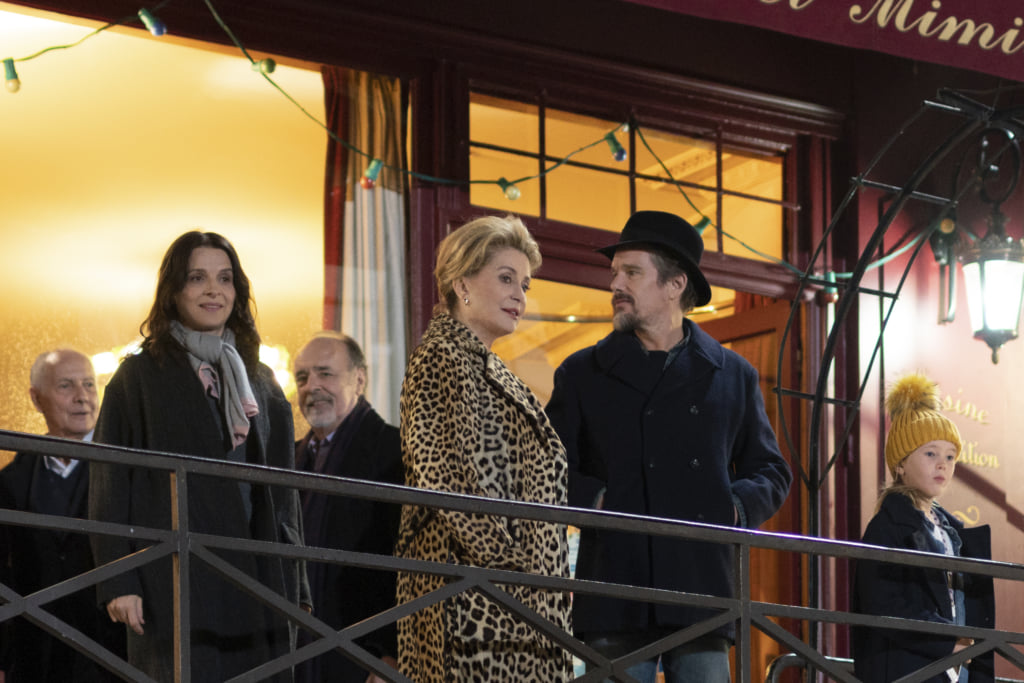
© L. Champoussin: 3B-Bunbuku-Mimovies
TRENDING
-
Colour Photos of Yakuza Tattoos from the Meiji Period
19th-century photographs have captured the usually hidden tattoos that covered the bodies of the members of Japanese organised crime gangs.

-
The Tradition of the Black Eggs of Mount Hakone
In the volcanic valley of Owakudani, curious looking black eggs with beneficial properties are cooked in the sulphurous waters.

-
A Rare Japanese Garden Hidden Within Honen-in Temple in Kyoto
Visible only twice a year, ‘Empty River’, designed by landscape architect Marc Peter Keane, evokes the carbon cycle.

-
Gashadokuro, the Legend of the Starving Skeleton
This mythical creature, with a thirst for blood and revenge, has been a fearsome presence in Japanese popular culture for centuries.

-
Recipe for Ichiraku Ramen from ‘Naruto’ by Danielle Baghernejad
Taken from the popular manga with the character of the same name who loves ramen, this dish is named after the hero's favourite restaurant.

